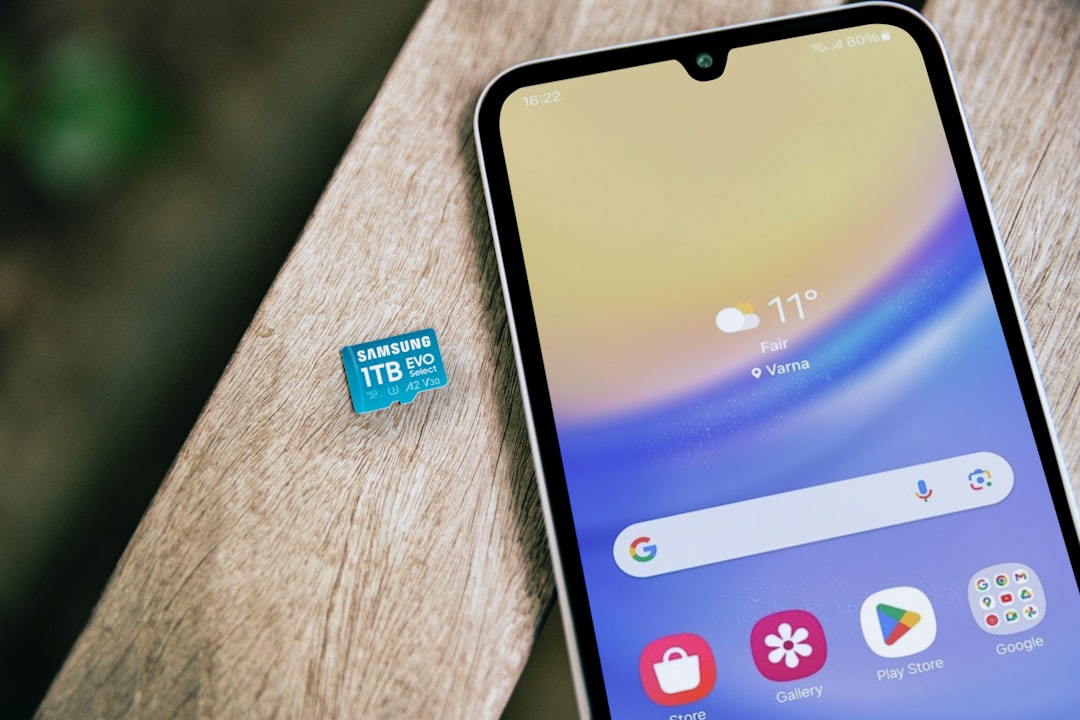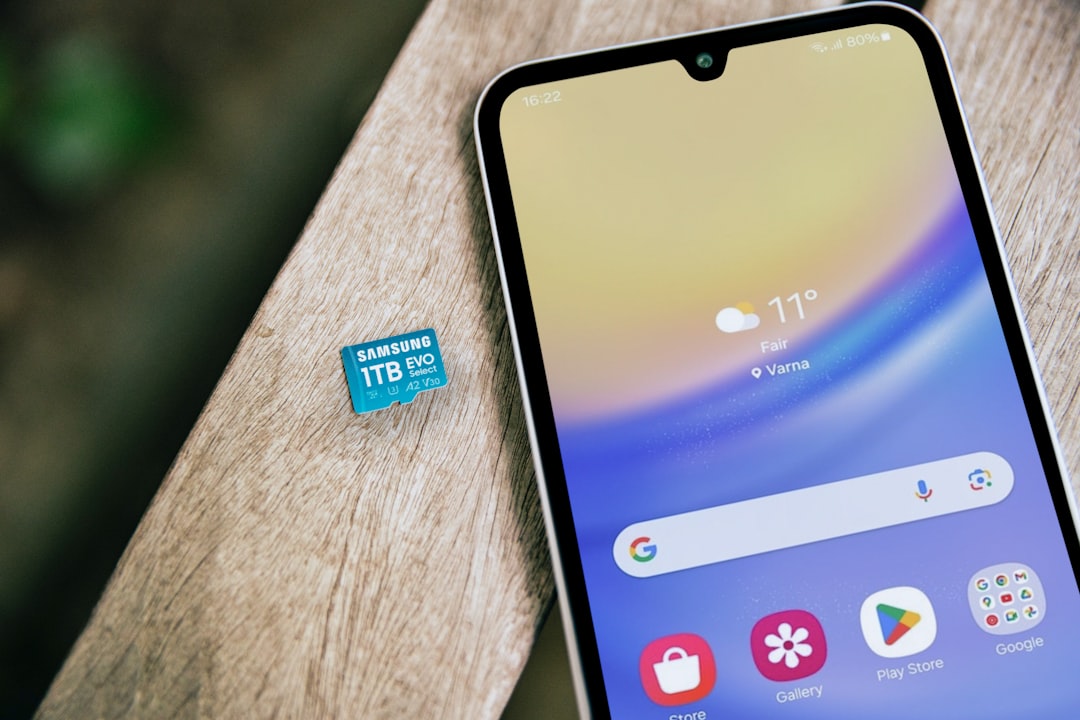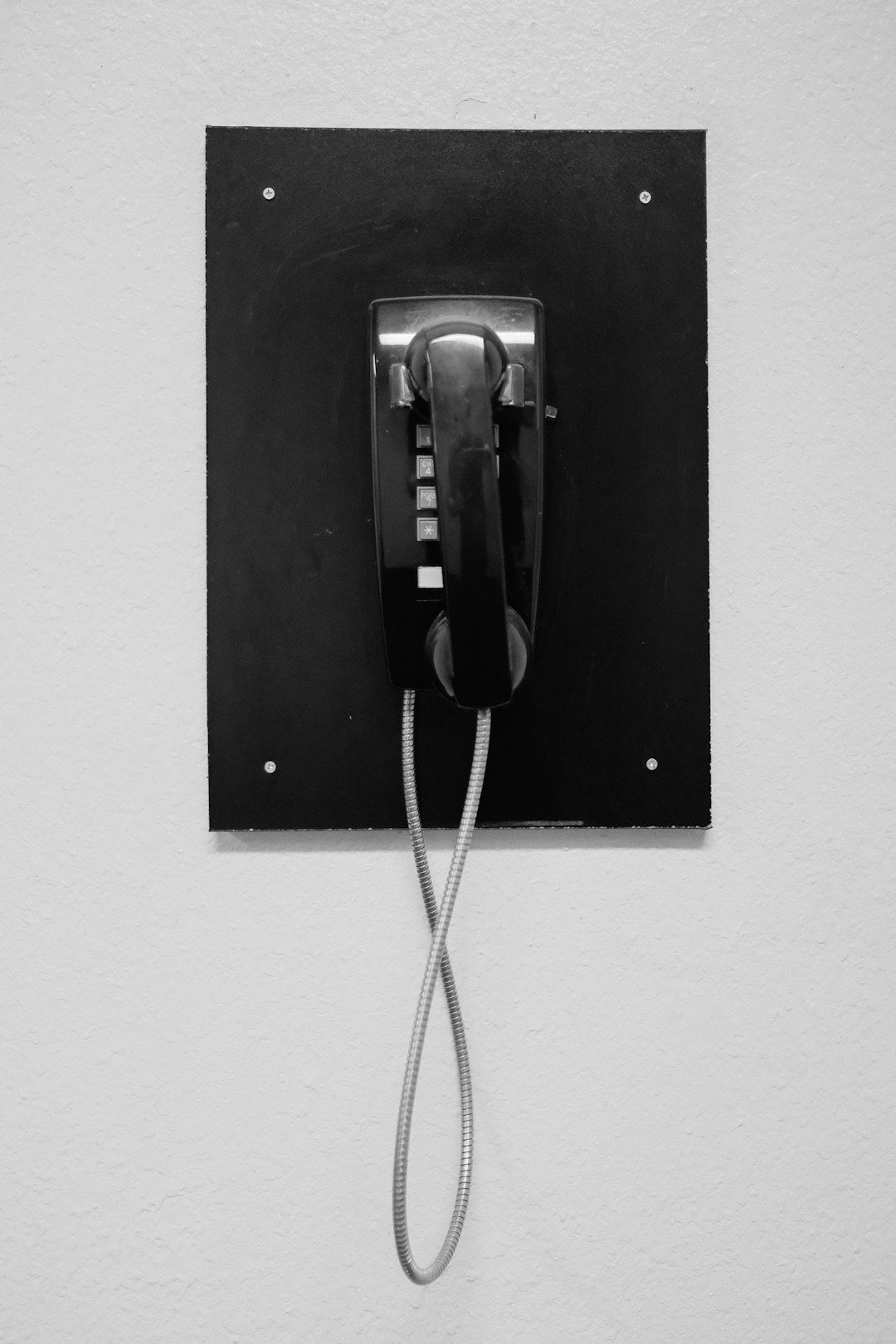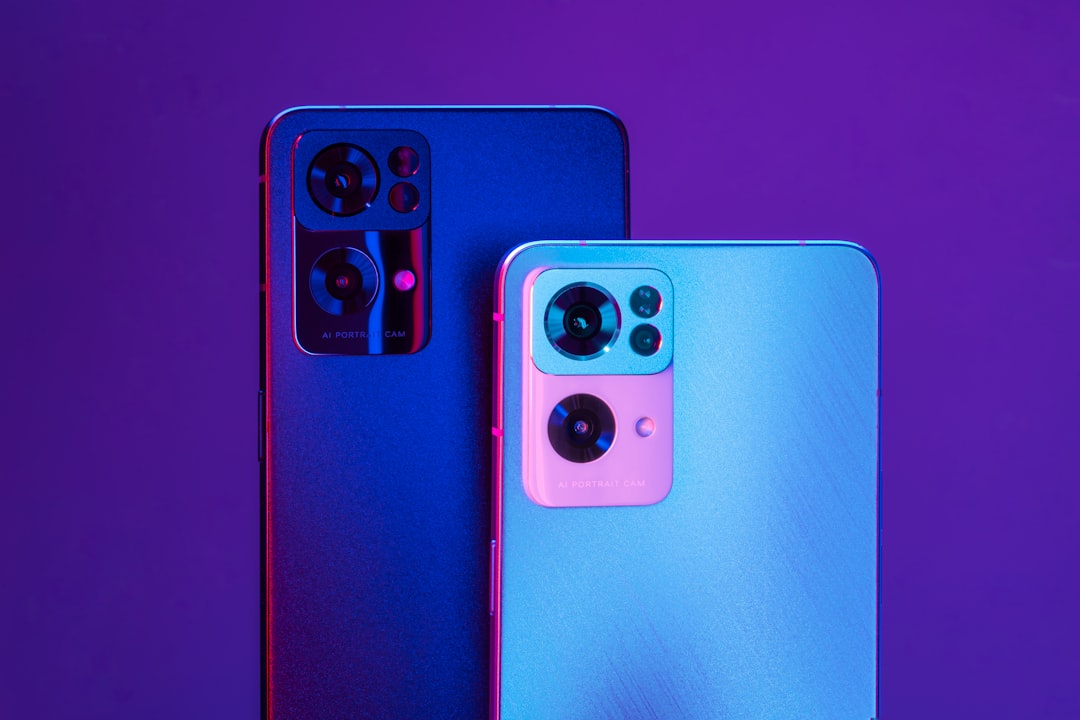Virginia's Do Not Call laws protect consumers from unwanted telemarketing calls, with penalties for non-compliance. Businesses in Winchester face challenges due to complex regulations and misinterpretations. Engaging Do Not Call Lawyers New Jersey offers guidance on best practices, risk mitigation, and staff training to ensure compliance, avoid legal issues, and maintain customer trust.
Are businesses in Winchester, Virginia, respecting consumer rights as outlined in the state’s Do Not Call laws? This article explores the compliance landscape in Winchester, addressing potential challenges and misconceptions. With a focus on protecting residents from unwanted telemarketing calls, we guide businesses through strategies to ensure adherence to regulations. Understanding these laws is crucial, especially for those seeking guidance from Do Not Call lawyers in New Jersey or similar jurisdictions. By implementing best practices, Winchester businesses can foster trust with their customers and avoid legal pitfalls.
Understanding Do Not Call Laws in Virginia: A Overview

In Virginia, like many states, the Do Not Call laws are designed to protect consumers from unwanted telemarketing calls. These laws restrict businesses from making telephone solicitations to residents who have registered their numbers on the state’s Do Not Call list. Compliance is crucial for businesses in Winchester and across Virginia, as it not only respects consumer preferences but also avoids potential legal repercussions. Businesses that fail to adhere to these regulations may face penalties and lawsuits, especially with the presence of dedicated Do Not Call Lawyers New Jersey specializing in such cases.
Virginia’s Do Not Call list allows individuals to opt-out of receiving marketing calls by registering their landline or mobile numbers. The state’s regulations require businesses to obtain explicit consent before making sales or promotional calls. This means that if a consumer has not given permission, companies must refrain from calling. Businesses are encouraged to maintain accurate records of their call activities and ensure their telemarketing practices align with these laws to avoid legal disputes and maintain customer trust.
Challenges and Misconceptions Regarding Compliance in Winchester

In Winchester, Virginia, like many places, ensuring compliance with Do Not Call laws can be a complex and challenging task for businesses. One significant hurdle is understanding and interpreting the regulations accurately. The Do Not Call laws vary by state and are subject to change, making it crucial for businesses to stay updated and informed. Misconceptions about who is covered under these laws and what constitutes compliance can lead to unintended violations. For instance, many small businesses may not realize that they still need to comply even if they don’t make sales calls, as the regulations extend to various forms of telemarketing.
Another challenge arises from the dynamic nature of business operations. Companies often struggle with maintaining accurate records and adhering to consent withdrawal procedures. Do Not Call lawyers in New Jersey or any other jurisdiction can offer guidance on best practices to navigate these complexities. They help businesses understand their legal obligations, implement effective compliance programs, and train staff to avoid potential pitfalls. By seeking professional advice, Winchester’s business community can ensure they remain compliant while mitigating the risks associated with misunderstandings and unintentional violations.
Strategies for Businesses to Ensure Adherence to Do Not Call Regulations

Many businesses in Winchester, Virginia, recognize the importance of adhering to Do Not Call regulations to maintain customer relationships and avoid legal repercussions. To ensure compliance, companies can implement several effective strategies. Firstly, investing in comprehensive training for sales and marketing teams is key. Educating employees about the law, including exemptions and do-not-call lists, empowers them to make informed decisions when contacting potential customers. Regular updates on changing regulations are also essential.
Secondly, businesses should utilize technology to their advantage. Implementing robust phone dialing systems with features like call tracking and automation can help manage compliance. These tools enable companies to record calls, monitor agent performance, and identify any potential violations. Additionally, integrating do-not-call databases into sales processes ensures that every caller check is performed efficiently. Engaging with reputable Do Not Call Lawyers New Jersey or local legal advisors can also provide valuable guidance, ensuring businesses stay informed about regional variations in regulations and best practices.






